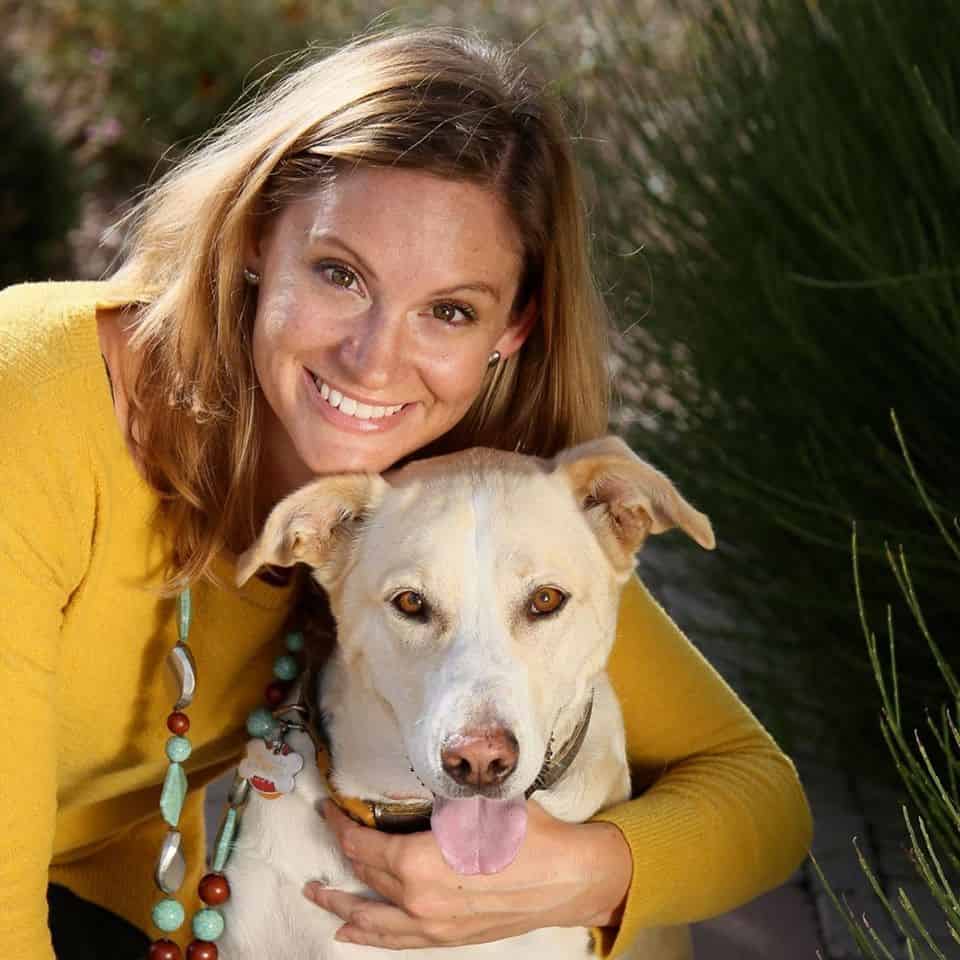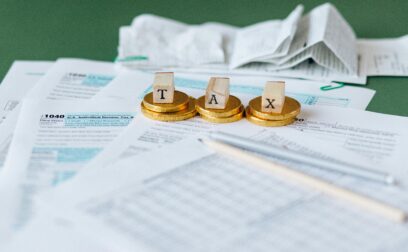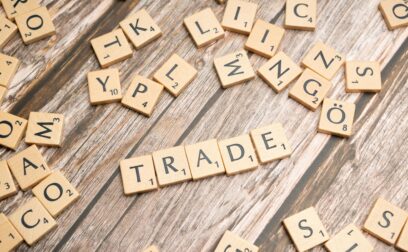TABLE OF CONTENTS
The U.S. Small Business Administration (SBA) 8(a) Business Development Program is intended to help small business owners who come from traditionally disadvantaged backgrounds get contracts with government entities.
Unlike other SBA programs, SBA 8(a) program is not a loan, but it can help your small business earn revenue through new contracts. If your small business is interested in winning government contracts, the SBA 8(a) program may be a good choice for you. Read on to learn more about the SBA 8(a) program, including who qualifies and how to apply.
Page written by Kat Cox. Last reviewed on August 12, 2024. Next review due October 1, 2026.

The SBA 8(a) Business Development program was developed specifically to help small businesses that are owned and operated by economically or socially disadvantaged individuals. The aim of the program is to help the U.S. government reach its goal of awarding at least 5% of all contracting dollars to these businesses every year.
As a nine-year development program, small businesses who participate in the SBA 8(a) program learn the ins and outs of applying for and winning government contracts, which can provide a major boost to their businesses. The program is highly competitive and applicants have to prove through financial documents and written statements that they meet the qualifications, particularly that they are economically and/or socially disadvantaged.
As members of the program, accepted small businesses get support from the SBA and others to make them more competitive in the U.S. economy. This includes training, mentorship and technical support, as well as a certification program that gives them preferred status for U.S. government contracts.
There are a number of benefits to the SBA 8(a) Business Development Program. First, it can help a small business gain access to win government contracts, which can be an excellent economic opportunity. These contracts include sole-sourced and set aside contracts, which don’t require competitive application processes.
Beyond that, SBA 8(a) program participants also get access to an expert who can walk them through the government contract process. They can also participate in the SBA’s mentor-protege program, which allows them to create a joint venture with an existing small business that has experience in government contracts. This can also help them win more government contracts.
Finally the SBA also provides participants in the 8(a) program access to technical assistance and training, such as marketing, executive coaching and counseling. This is done through the SBA 7(j) program.
The drawbacks of joining the SBA 8(a) program are hurdles to applying. For instance, you need to qualify as a small business with economic or social disadvantages, which may not be easy to prove in all instances. Furthermore, your business will have to undergo an annual review for every year you participate in the program, as well as business planning and systemic evaluations. These aren’t drawbacks per se, but they can add more work to your schedule and you’ll need to prepare for them.
Another drawback is that the program only lasts nine years. A business that has participated previously can’t reapply, either.
As with any SBA program, the SBA 8(a) program requires that qualifying businesses meet the standard of a “small business”, as defined by the SBA. This is based on a certain annual revenue and number of employees. The business will have to be for-profit and based in the U.S. or a territory as well. The last SBA general qualification is that the company be able to prove that they have a possibility of success. This can be achieved through a business plan or financial statements showing a trajectory of revenue growth.
Beyond the basic qualifications that every SBA program requires, those who wish to participate in the 8(a) program must also be able to demonstrate that the business is owned by someone who is economically and socially disadvantaged.
In order to qualify for the SBA 8(a) business development program, the business must be owned in majority (at least 51%) by an individual who is considered socially and economically disadvantaged. The SBA’s rules concerning who can be considered disadvantaged in terms of economics or social position are relatively straightforward. A member of any of the following groups or communities will automatically be considered disadvantaged:
If someone is not a member of one of these groups, they can be admitted to the program by showing that they are socially disadvantaged due to gender, physical disability or other reasons.
Anyone who applies to the program will have to submit a written narrative and personal financial statements to show their economic disadvantage. This will include proof of their income, assets (such as their home or car) and overall net worth. To be considered economically disadvantaged, the individual’s total personal net worth will have to be $750,000 or less. They could also have an adjusted gross income of $350,000 or less or assets that come to less than $6 million.
To apply for the SBA 8(a) program, you will need to:
Once you’re approved as a member of the program, you’ll have to go through annual reviews to certify that you are still eligible for membership.
If you come from an economically and socially disadvantaged background and own a small business that could use competitive federal contracts, the SBA 8(a) program may be a good choice for you. While it can open up opportunities for work and guaranteed contracts, it’s not the same as a loan. You also have to follow rules to ensure you’re meeting criteria as set forth by both the SBA and federal government.
If you’re looking for financing for your business, there are other programs that may be better for you than the SBA 8(a) program.
The most popular SBA loan program is the SBA 7(a) program. Qualified borrowers can get up to $5 million to fund their businesses for a number of reasons, including working capital, equipment, inventory or even commercial real estate. To qualify for the SBA 7(a) program, you will generally need a credit score of 600 or more, have two years of business under your belt and meet certain annual revenue requirements. 7(a) loans tend to have excellent rates and terms.
Business loans through banks or credit unions are also popular for small businesses. However, they generally have higher qualification barriers, such as better credit scores, time in business and annual revenue. They also offer competitive rates and terms, so they may be worthwhile.
Use Swoop to find the right funding source for your business. Sign up, answer a few questions and get started on your path to funding today!
As a B2B finance content specialist, Kat Cox's goal is to distill complicated financial issues into useful information for small business owners, to save them time they could be using to build their companies. Her work has been featured in Forbes and on financial health platform Nav.com. When she's not writing blogs, web copy, or fiction, Kat can be found walking her dog or singing karaoke in Austin, Texas.
Swoop promise
At Swoop we want to make it easy for SMEs to understand the sometimes overwhelming world of business finance and insurance. Our goal is simple – to distill complex topics, unravel jargon, offer transparent and impartial information, and empower businesses to make smart financial decisions with confidence.
Find out more about Swoop’s editorial principles by reading our editorial policy.
Related pages
Daire made it happen! There is no doubt that Swoop sped up the process and found lenders that worked to our time scale rather than the other way round
Hocque Figureoa
Joint owner, F45 Virginia
Swoop was actually very helpful in helping us get our initial fundraising in place. Swoop was able to connect us with investors, with grant financing options and debt financing options.
Viler Lika
Founder, SingleKey
Pedja was amazing. Super supportive, understanding of our needs and wasn't pushy at all. We've been going back and forth with Swoop for over a year inquiring about different financing options and they were patient until we were ready!
Chris Skeates
F45 Multi-studio owner
Join the 95,000+ businesses just like yours getting the Swoop newsletter.
Free. No spam. Opt out whenever you like.
Kingfisher Way, Silverlink Business Park, Newcastle upon Tyne, NE28 9NX, UK
View in Google Maps35 Bull Street, Lewis Building, Birmingham B4 6AF, UK
View in Google MapsAberystwyth Innovation and Enterprise Campus
Gogerddan Campus
Aberystwyth University
Ceredigion
SY23 3EE
Dogpatch Labs, The CHQ Building, Custom House Quay, Dublin, Ireland
View in Google MapsSuite 801, Level 8, 84 Pitt Street, Sydney, NSW 2000, Australia
View in Google Maps43 W 23rd St, New York, NY 10010, United States
View in Google Maps21 Dreyer Street, Cape Town, South Africa, 7708
View in Google MapsClever finance tips and the latest news
Delivered to your inbox monthly
Join the 95,000+ businesses just like yours getting the Swoop newsletter. Free. No spam. Opt out whenever you like.




